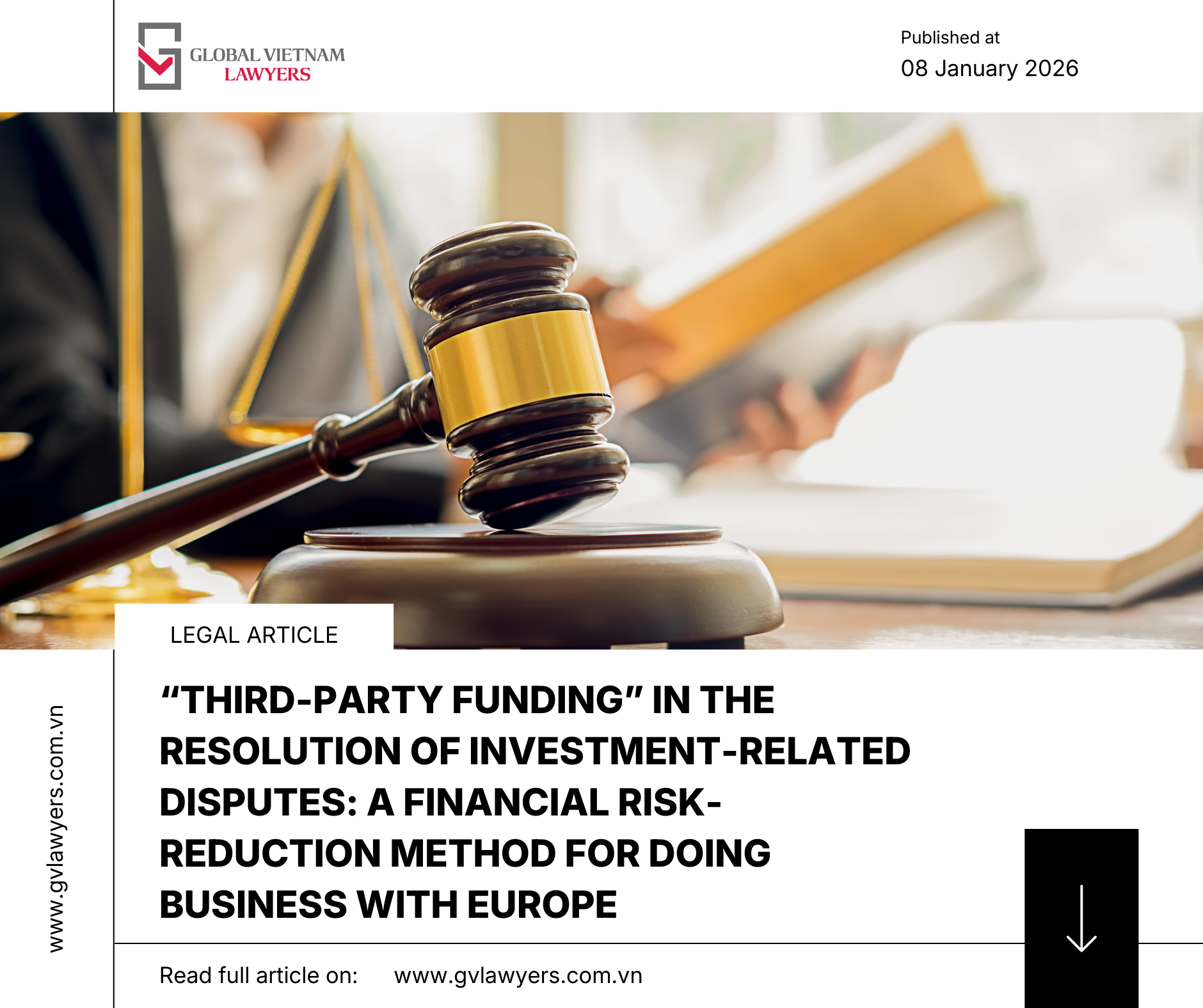An article by Lawyer Hoang Quoc Nhat Trung titled “How to succeed in calling capital” published on The Saigon Times, No 5-2018 (1.416) on February 01, 2018.
***
In order to succeed in calling capital, start-ups must not only convince the investors of the potential success and the good rate of return of their business ideas or plans, but also prove that the legal aspects of their investment decisions are being well managed. In the early stages, start-ups should be aware of the following four issues:
1. Ensure legal compliance from the beginning
A common characteristic of start-ups is the limited source of funding and human power, which prevents them from paying reasonable attention to legal issues at the early stage. Employers tend to care about how to get the certificate at the lowest expense and as fast as possible without paying attention to the content of enterprise registration dossiers, including the company charter which is of the highest legal importance and governs the enterprise’s activities, and the rights and obligations of its members or shareholders. Besides, after being established, start-ups are not aware of and/or do not care about conducting post-licensing procedures. Therefore, when it is time to make capital calls, they find themselves getting stuck in many difficulties, especially capital calls from foreign investors who are “cautious” and consider legal compliance their top priority. This leads to a delay, a decrease in value or even a failure to call on investment capital.
In reality, investors care about the legal status of the start-up not only in this stage but throughout the operational duration. Experience shows that start-ups should ensure legal compliance from the beginning since the correction of existing mistakes is always more difficult and costly, even unfeasible in some cases. Transparency and good legal compliance will be a plus in the process of capital calls and contribute to the value of the start-up in the investor’s eyes.
2. Complete and maintain all legal dossiers
It is a fact that many start-ups do not have a well-organized system to store legal documents in a full and scientific manner; therefore, they are confused and must spend much time searching for and collecting documents to provide for the capital call. This not only affects daily operations and business activities of the enterprise but is likely to cause mistakes or inconsistencies in legal documents which undoubtedly lead to a delay in making capital calls.
3. Build a complete internal administrative system
A well-organized and professional administrative system which is established in the early stage will help the start-up score “more points” with investors, making it more attractive and valuable. With great support from a well-organized internal administrative system, the capital calling process will be carried out more smoothly, saving time and expenses for investors and the start-up as well.
It is not easy for small and medium start-ups to organize a professional internal administrative system from the beginning. However, it should not be the reason to overlook the organization of such a system. Starting from key personnel such as signing labour contracts with them; the regimes of salary and bonuses, labour discipline and welfare are transparent and lawful; and clearly establish the promotion program or the Employee Stock Ownership Plan.
4. Consider legal costs an investment
For start-ups, the cost of legal compliance accounts for a relatively large part of the budget if they outsource legal services to law firms or hire counsels. However, they should consider this cost as an investment (similar to insurance premiums) instead of a loss. This investment is not only for the present but future opportunities, and will greatly contribute to the enterprise’s value, creating advantages and making capital call transactions successful.
Being overwhelmed by the multitude of choices, the customer chooses an item because of not only the “quality and price” but also a feeling of “safety” that they are making the right choice. In investing in a start-up, the investor wishes to see a return relative to its risk. So if the start-up is a “safe” item, the investor will be willing to spend more on that item.









